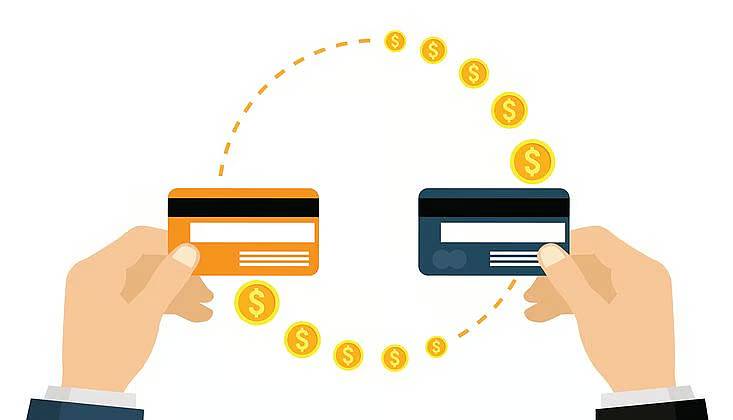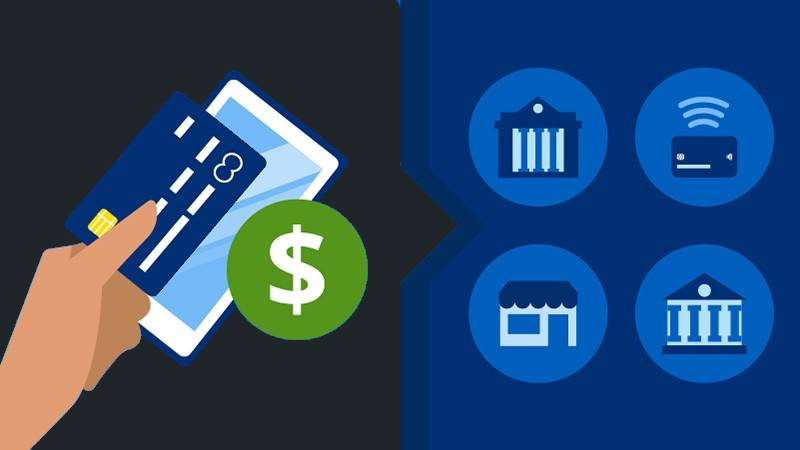The interchange fee represents the biggest portion of the card processing fee. The credit card network sets this fee, which is determined by the interchange rate. The network remits the interchange fee to the bank (or other financial institution) that issues the customer’s card. The fee is designed to help reduce the bank’s transaction risk. Interchange Fees are set by each network and change every year in April and October. The average credit card interchange fee is 1.5% to 3.3%.
The following risks will influence your interchange rates
Credit or debit card type
Credit cards have a higher risk than debit cards with a security PIN, so you will pay higher interchange rates for credit card transactions. However, debit cards that require a signature are processed like credit cards, and credit cards that double as reward cards (travel, cash back, etc.) can also have a higher interchange rate.
Point of Sale (POS) vs. Card-Not-Present (CNP) transactions
POS transactions may have lower interchange rates than CNP transactions. CNP transactions include online, phone, direct invoicing and mail orders.
Charge amounts
If your business has a large number of transactions of small dollar amounts, you can negotiate lower interchange rates to increase your profit.



